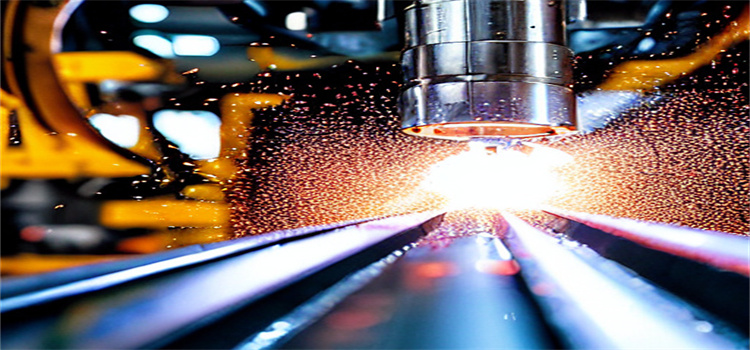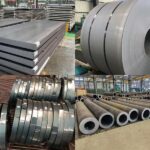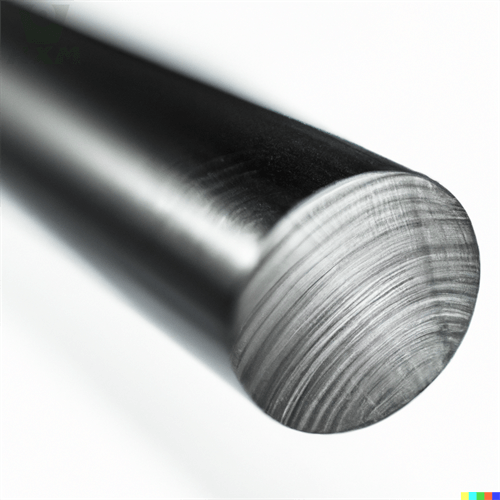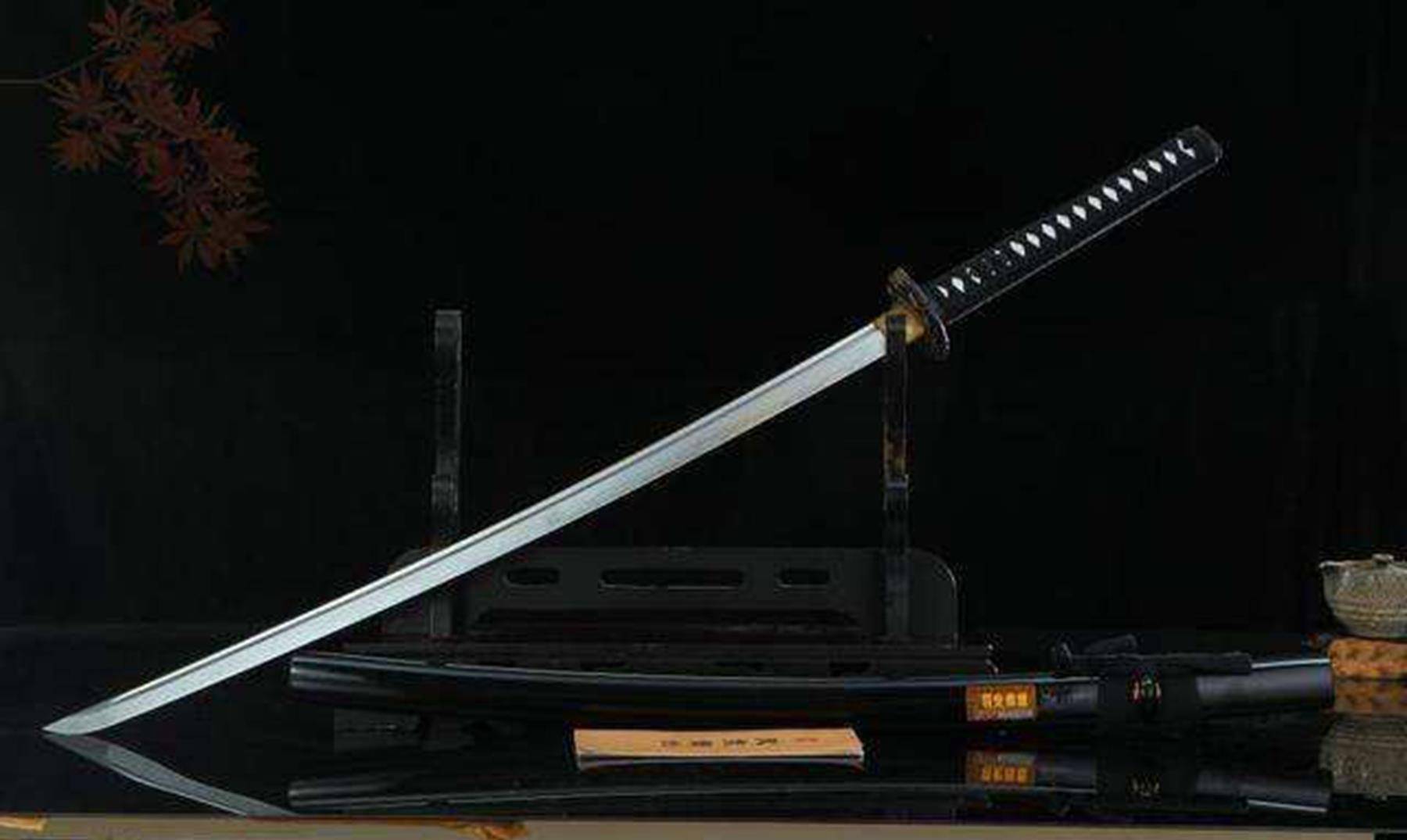Knowledge: Does alloy steel rust?
As a supplier of alloy steel, I often receive questions from my customers about its resistance to corrosion. One day, a potential client approached me with a specific concern: will their project be susceptible to rusting if they use alloy steel? This got me thinking: although alloy steel is known for its strength and durability, does that mean it’s immune to rust? So, I did some research and discovered that the answer is not so straightforward.
So Does alloy steel rust? The answer is yes, alloy steel can rust if it is not properly protected or maintained.
Let me share with you what I found out about the complex relationship between alloy steel and rust.
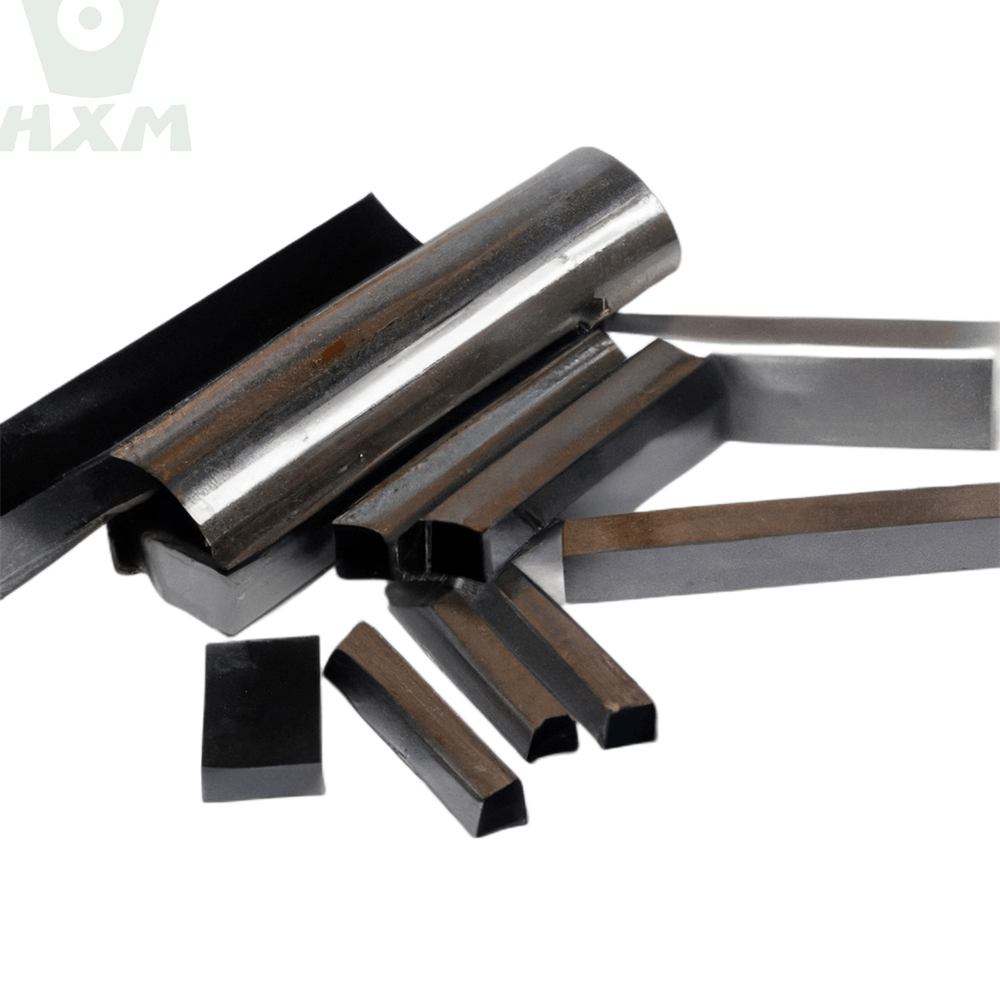
Contents
What causes rust in alloy steel?
Rust in alloy steel is a bit like a nasty cold: you don’t want it, but sometimes it just happens. The good news is that you can usually prevent it. Rust, or iron oxide, forms when iron in the alloy reacts with oxygen and moisture. This reaction weakens the metal and can eventually cause it to corrode or break down.
But fear not, alloy steel enthusiasts! There are several factors that can influence the rusting process, such as the level of carbon or other elements in the alloy, the environment it’s exposed to, and the presence of other corrosive substances. By controlling these factors and regularly maintaining your alloy steel, you can help prevent rust and extend its lifespan.
So, if you want to avoid rust and keep your alloy steel looking shiny and new, be sure to stay vigilant and take care of it. Remember, a little prevention can go a long way in keeping your alloy steel in top-notch condition.
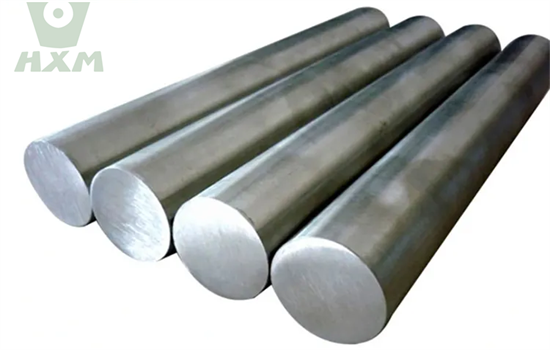
Can alloy steel rust in freshwater environments?
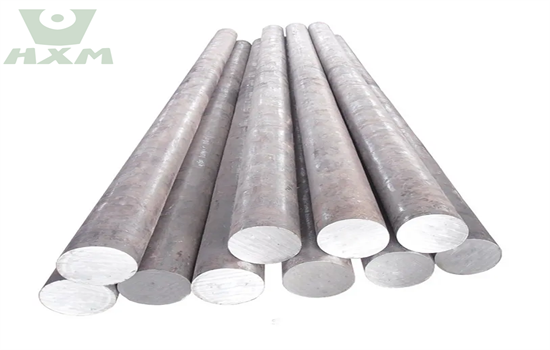
Of course, just because it’s not seawater doesn’t mean alloy steel is immune to rust.
In fact, freshwater can be just as much of a troublemaker as saltwater. Even though it doesn’t contain salt, freshwater can still contain dissolved minerals that can react with alloy steel and cause rust to form. Plus, the presence of oxygen in the water can accelerate the rusting process.
So if you’re planning on using alloy steel in a freshwater environment, it’s important to take precautions to prevent rust. This could mean using a protective coating or regularly inspecting and cleaning the alloy steel to remove any signs of corrosion.
As they say, an ounce of prevention is worth a pound of cure – especially when it comes to keeping your alloy steel rust-free in freshwater environments.
How can you prevent rust on alloy steel?
Ah, the age-old question of rust prevention on alloy steel. It’s like trying to keep a squirrel out of a bird feeder – you think you’ve got it covered, but then it finds a way in anyway.
But fear not, my industrious friend, for there are ways to combat the dreaded rust. First, you’ll want to make sure the surface of your alloy steel is clean and free of any contaminants that might promote rust formation. This can be achieved through methods such as sandblasting or chemical cleaning.
Next, you’ll want to apply a protective coating to the surface. This could be a paint, lacquer, or even a specialized anti-corrosion coating. The key is to ensure that the coating is durable and will adhere properly to the alloy steel.
Lastly, you’ll want to maintain a regular maintenance schedule to ensure that the coating remains intact and any areas of wear or damage are addressed promptly. With a little effort and attention, you can keep your alloy steel looking pristine and rust-free for years to come.

What is the corrosion resistance of alloy steel?
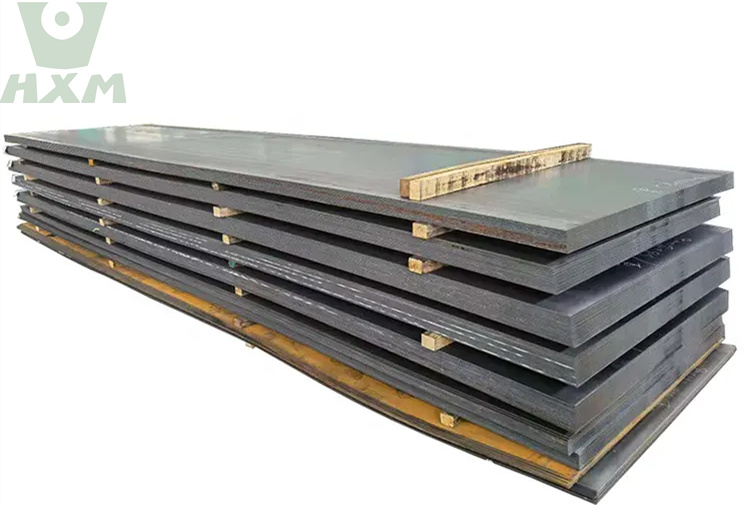
Corrosion resistance – sounds like a big word, doesn’t it? But it’s actually quite simple! You see, corrosion is just a fancy way of saying “rust”. And when it comes to alloy steel, corrosion resistance is an important factor to consider.
You see, not all alloy steels are created equal. Some have higher corrosion resistance than others, depending on their composition. Chromium and nickel, for example, are common alloying elements that can improve the corrosion resistance of steel.
But why is corrosion resistance important? Well, if your alloy steel is exposed to moisture or other corrosive environments, it can weaken and eventually fail. That’s bad news if you’re using it in applications where strength and durability are crucial.
The good news is that there are many types of alloy steel with excellent corrosion resistance. For example, stainless steel is known for its ability to resist rust in even the harshest environments.
So, if you want to keep your alloy steel looking and performing its best, it’s important to choose the right type and take proper care of it. And remember, when it comes to corrosion resistance, a little bit of extra investment upfront can save you a lot of headache down the road.
Is there a difference in rust resistance between low-alloy and high-alloy steel?
It looks like someone is curious about the rust resistance of alloy steel! And I’m here to tell you that you’ve come to the right place. When it comes to rust resistance, there’s a big difference between low-alloy and high-alloy steel.
Low-alloy steel, as the name suggests, has a lower percentage of alloying elements, which means it’s more susceptible to rust and corrosion. High-alloy steel, on the other hand, has a higher percentage of alloying elements, which makes it more resistant to rust and corrosion.
But don’t just take my word for it. Studies have shown that high-alloy steels, such as stainless steel, are much more resistant to rust than low-alloy steels, which means they are often used in applications where rust resistance is crucial, such as in marine environments or in the food and beverage industry.
So, if you’re looking for a steel that can withstand the test of time and resist rust and corrosion, go for the high-alloy steel. Trust me, you won’t regret it!
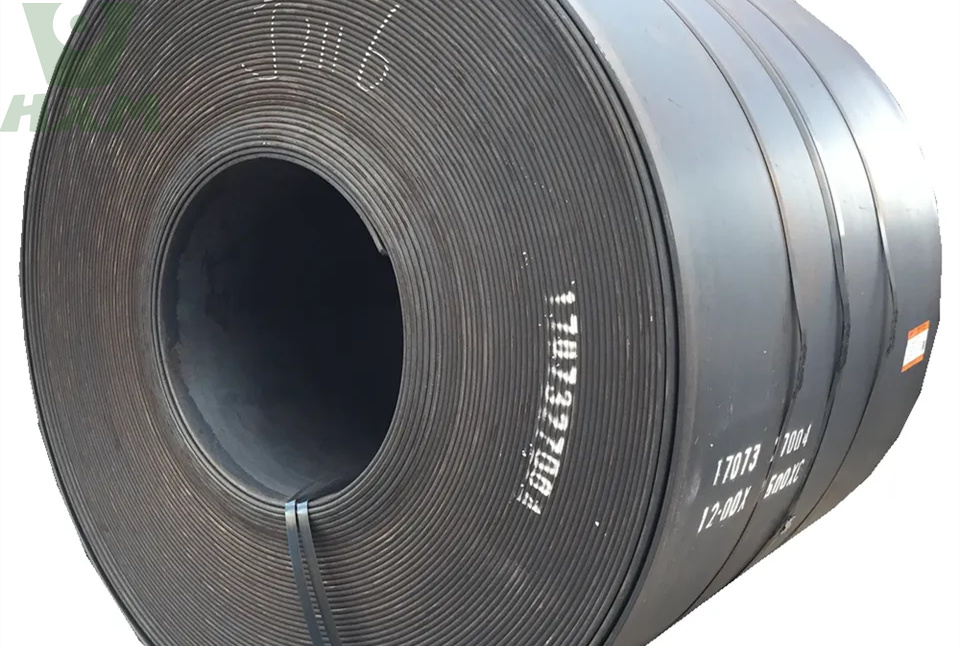
How does the environment affect the rusting of alloy steel?"
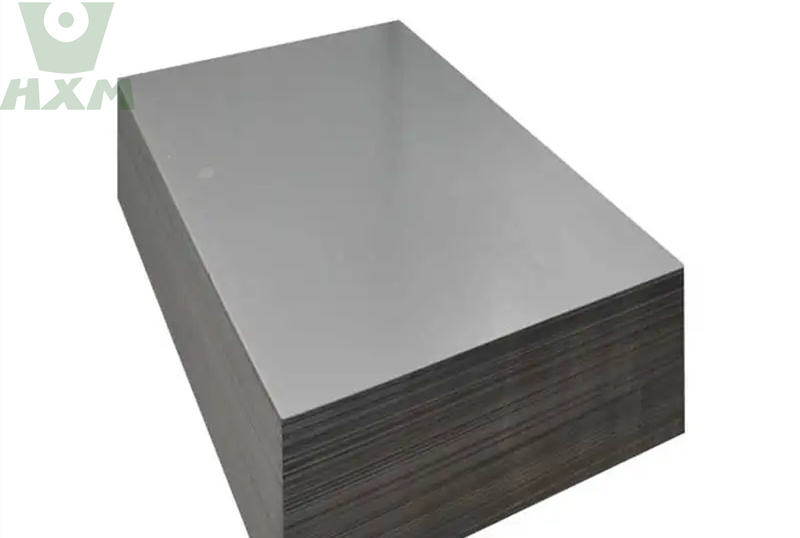
Ah, the age-old question of how the environment affects the rusting of alloy steel! Well, my curious friend, it turns out that the environment can have a significant impact on the corrosion resistance of alloy steel.
For instance, alloy steel can rust more quickly in environments with high humidity, such as coastal areas or rainy climates. Similarly, exposure to saltwater can accelerate the rusting process, which is why it’s important to use corrosion-resistant alloys for marine applications.
On the other hand, some environments can actually improve the corrosion resistance of alloy steel. For example, a thin layer of rust can form on the surface of alloy steel in dry environments, which can actually protect the steel from further corrosion. This is known as “patina” and is commonly seen on outdoor sculptures or architectural features made from alloy steel.
So, as you can see, the environment plays a vital role in the rusting of alloy steel. It’s important to choose the right alloy and finish for the intended application, and to take measures such as regular cleaning and maintenance to prevent corrosion.
What factors can accelerate rusting in alloy steel?
Ah, rust, the arch-nemesis of all metals. Even alloy steel, with all its strength and resilience, is not immune to the orange-brown scourge. But what makes it rust faster? Let me tell you, my curious friend.
First up, we have good old moisture. The more water in the air or in contact with the steel, the faster it will rust. And if the water contains salt or other chemicals, rusting can accelerate even more.
Next, we have temperature. Higher temperatures can speed up chemical reactions, including the oxidation process that causes rust. So, if you leave your alloy steel out in the scorching sun or in a humid environment, it’s likely to rust faster.
Another factor is the presence of other metals or materials in the vicinity. When two different metals come into contact, it can create a reaction that speeds up rusting. Even something as innocent as a rubber or plastic seal can trap moisture and promote rusting.
And last but not least, we have good old-fashioned wear and tear. Scratches, dents, and other damage to the surface of the steel can make it more susceptible to rusting. So, if you want your alloy steel to stay rust-free, be gentle with it.
Remember, my friend, rust never sleeps. But with a little knowledge and care, you can keep it at bay and keep your alloy steel looking shiny and new for years to come.
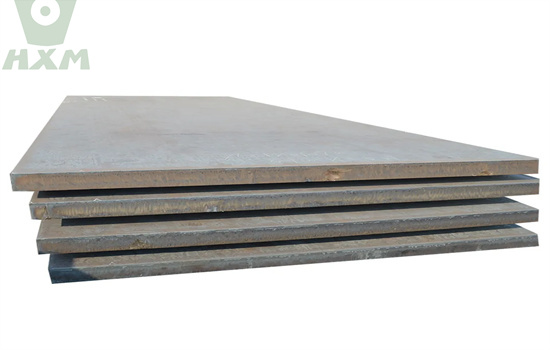
What are some common methods of protecting alloy steel from rust?
So you want to protect your precious alloy steel from the scourge of rust? Well, fear not, for I have just the information you need!
First off, let’s talk about some tried-and-true methods of rust prevention. One of the most common is coating your alloy steel with a layer of paint, varnish, or other protective coating. This helps to create a barrier between the metal and the elements, preventing moisture from reaching the steel and causing rust.
Another popular method is to use a sacrificial metal, such as zinc or aluminum, which will corrode before the alloy steel does. This is known as “galvanizing” and is often used for things like fences, gates, and even cars.
But what if you want to take things to the next level? Well, you could always try using a more high-tech solution, such as electroplating or powder coating. These methods involve coating the alloy steel with a layer of metal that is highly resistant to rust, creating an extra layer of protection.
Of course, prevention is always the best policy, so it’s important to store your alloy steel in a dry, well-ventilated area and avoid exposing it to harsh environments whenever possible. And if all else fails, just remember: a little rust never hurt anyone – it just adds character!
Can rust on alloy steel be repaired?
Ah, rust on alloy steel – the bane of every metalworker’s existence. But fear not, my friend, for all hope is not lost. While it’s true that rust can weaken alloy steel and even cause it to fail, there are ways to repair the damage and prevent it from happening again.
First things first, it’s important to remove the rust completely. You can do this using a wire brush, sandpaper, or even a chemical rust remover. Once the rust is gone, you can assess the extent of the damage. If the rust has eaten away at the steel, you may need to replace the affected part.
If the damage is minor, however, you can use a rust converter to turn the rust into a protective coating. This will prevent further rusting and even strengthen the steel. After applying the rust converter, you can repaint the steel to restore its appearance.
Prevention is always better than cure, of course. Regularly cleaning and maintaining your alloy steel can go a long way in preventing rust. Applying a protective coating, such as paint or a rust inhibitor, can also help.
So, while rust on alloy steel can be a headache, it’s not the end of the world. With the right tools and techniques, you can repair the damage and prevent it from happening again. Keep calm and carry on welding!
What are the effects of rust on the strength and properties of alloy steel?
Rust is not something we want to mess around with when it comes to alloy steel. It’s like having a bad case of acne on prom night – it can ruin everything. Rust on alloy steel can cause a whole host of problems, from decreased strength to altered properties, and it’s not something you want to ignore.
When alloy steel rusts, the iron in the alloy reacts with oxygen and water to form iron oxide, aka rust. This can lead to surface pitting, corrosion, and even cracking. The rust can also cause a reduction in the material’s strength and ductility, making it more susceptible to failure.
But fear not! There are ways to address the issue. Depending on the severity of the rust, the affected areas can be sanded or polished to remove the rust and restore the original finish. However, if the rust has caused significant damage, the affected part may need to be replaced entirely.
The best course of action, of course, is prevention. Regular cleaning, applying protective coatings, and avoiding exposure to moisture can go a long way in preventing rust from forming in the first place. So, take care of your alloy steel, and it will take care of you!
Conclusion
In conclusion, alloy steel is a popular and versatile material used in many industries. While it is generally more resistant to rust than carbon steel, it is still susceptible to corrosion in certain environments. The corrosion resistance of alloy steel depends on its composition, with high-alloy steel generally being more resistant than low-alloy steel. Environmental factors, such as exposure to saltwater or acidic solutions, can accelerate rusting in alloy steel.
To prevent rusting, various methods can be employed, including coatings, surface treatments, and proper maintenance. Repairing rusted alloy steel can be difficult and may require professional assistance. Rust can also have negative effects on the strength and properties of alloy steel, which highlights the importance of preventing rusting.
It’s important to understand the specific properties of the alloy steel being used and the environment in which it will be used in order to determine the best rust prevention and maintenance methods. With proper care and attention, alloy steel can maintain its strength and durability for many years.
Request A Free Quote
We’d like to work with you
If you require further information about our metal sheet products or architectural projects, please don’t hesitate to leave your contact details and message here.
Our team of experts will respond within 24 hours to continue the discussion and provide you with any additional information you requires.

